
Residential
Home is where the heart is. That’s why
we take your fence to heart.
Whether you're looking to secure a pool, decorate your yard, create privacy, or keep your family and pets safe, First Fence of Georgia's got you covered. We'll work with you to help find the best possible solution.

Commercial
When it comes to your business, we mean business.
So do our fences.
First Fence of Georgia offers expert guidance and support in the planning, design, and construction of all types of commercial, industrial, and government fence projects in the Southeast. We're here to help.
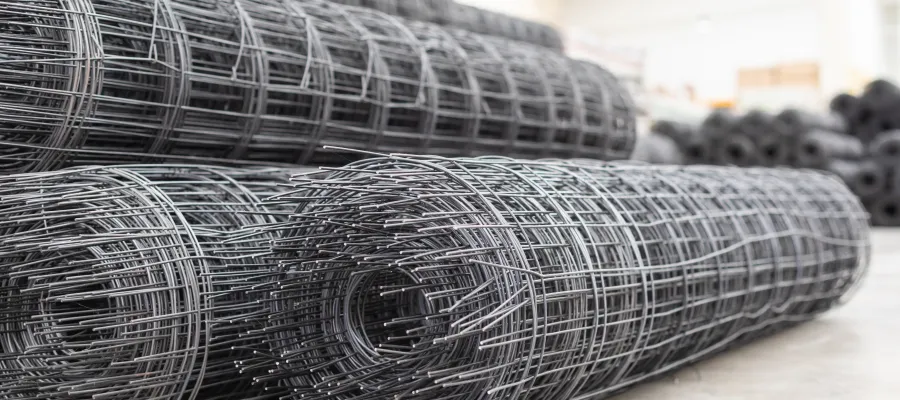
Need what it takes to make a great fence? Get the right stuff right here.
You need it. We've got it. Our facility, located at 1779 Big Shanty Drive NW in Kennesaw, GA (a block from Chastain Rd. off 1-75), enables convenient and easy pickup of quality fencing materials for any fence type.
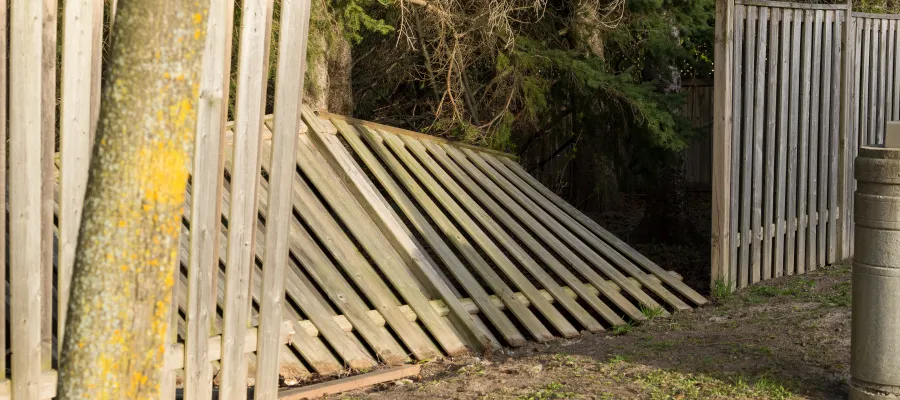
Got a fence that’s past its prime?
We’ll stain & repair it.
A damaged or old fence isn't just an eyesore—it presents a security risk. Our team can repair fences of any material on any property, all while accommodating for complex HOA or city codes.
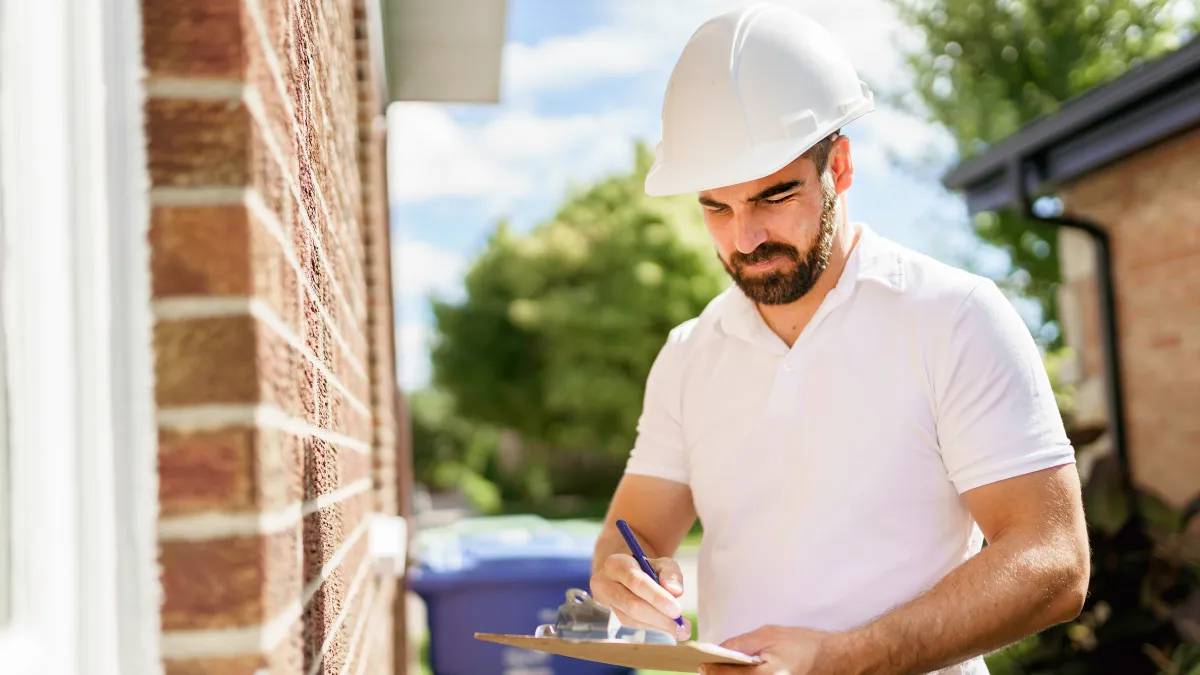

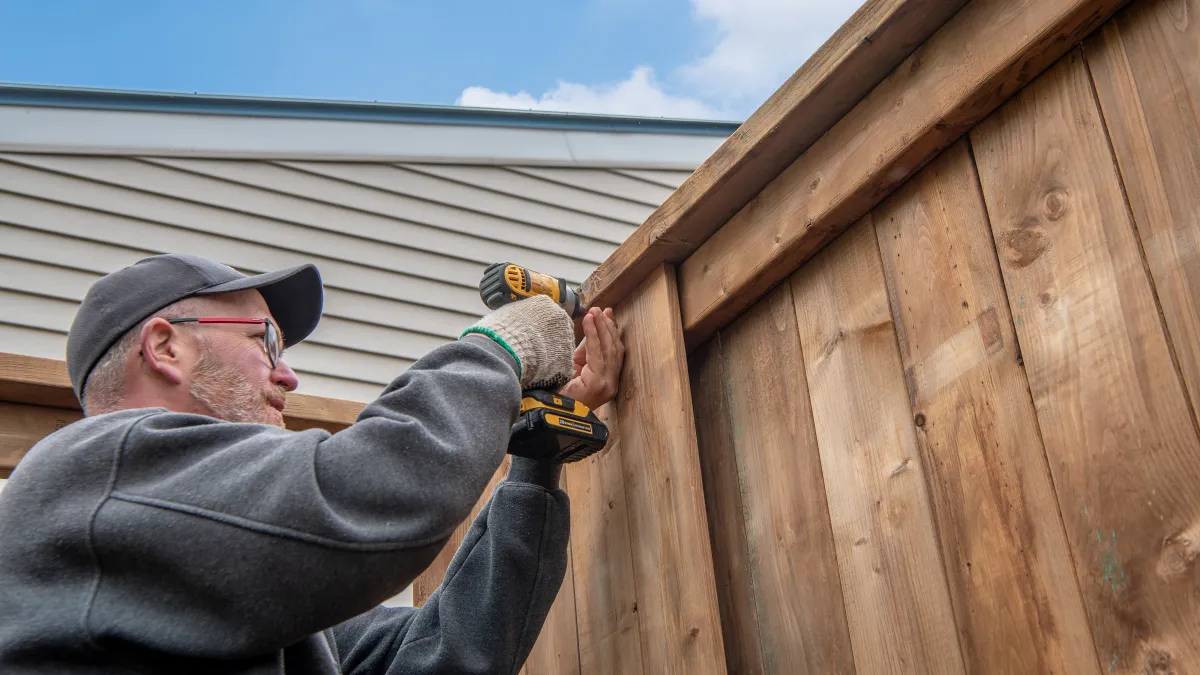
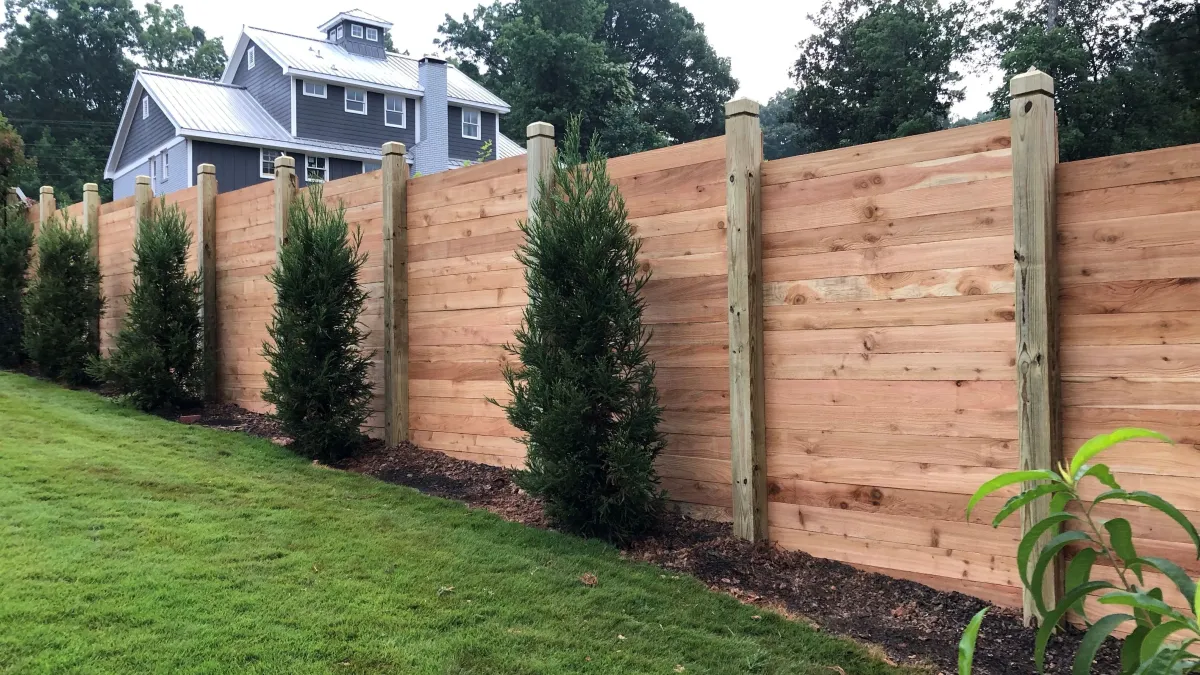
First Fence answers every question along the way with our collaborative, hands-on approach.
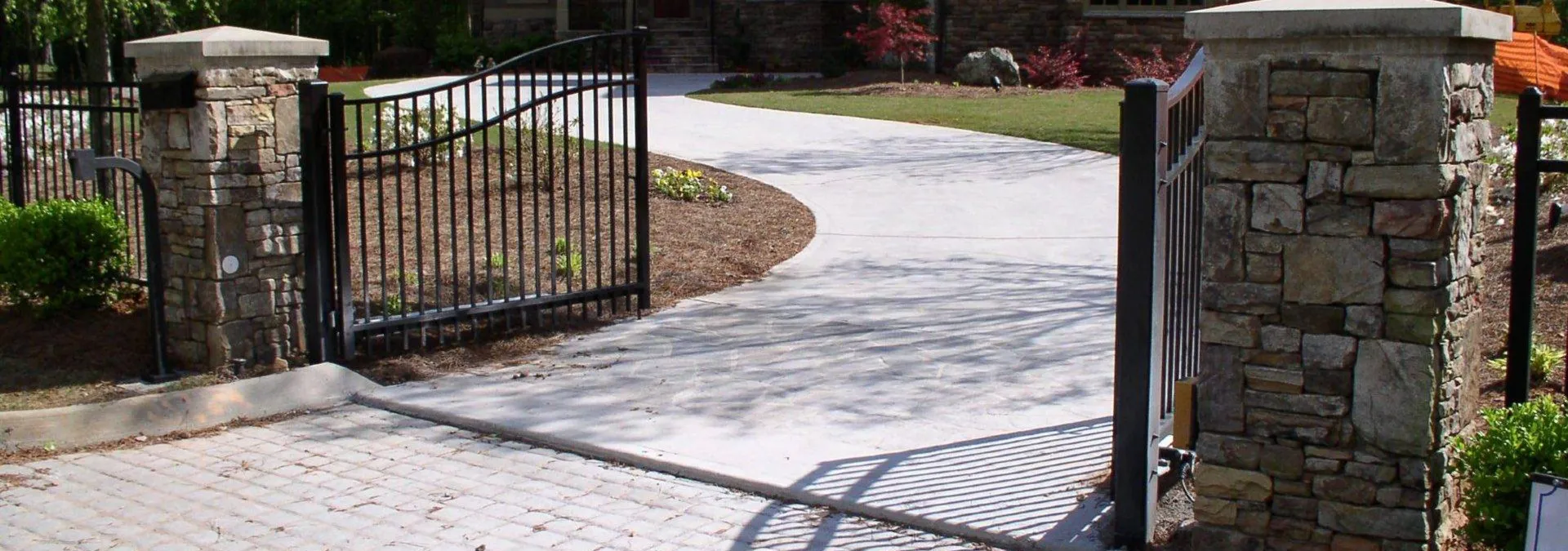
See What People Are Saying
First Fence is the easiest, most professional and responsive company I have worked with in a LONG time... from setting the appointment, to the site survey, to the quote and guidance through the process the whole team made the install process seamless... I highly recommend working with the First Fence team!
- Steve D.
I don't leave many reviews but my husband and I really are so happy with our purchase. We had maybe 4 or 5 fence companies come out and give us an estimate, and First Fence was the lowest estimate. Didn't know how the fence would turn out at the lowest estate price, but as it turned out, no one could have done a better job. I fully recommend First Fence!
- Sarah W.
I am extremely pleased with my entire experience with this company, from first contact through installation. Everyone I met and spoke to was responsive, professional, ad knowledgeable about their product and processes. There were no surprises along the way, and they gave me a good-looking fence installation. Highly Recommend!
- Shadow W.
First Fence was excellent. They are knowledgeable, resourceful, responsive and professional. I had a difficult fence application going up a hill around our property and we wanted to maintain an even incline on the top of the fence despite undulations. We also had to account for a pool and deal with code issues and so on. They were very helpful on site with planning and ideas and also came back promptly to fix a section my wife was aesthetically unhappy with, no charge. First Fence was great, and I'll recommend them and use them again. Thank you!
- Brenton H.
Fantastic work at the best price in town. We needed two short fence lines and two gates, so we shopped the price around and these guys were the best price of any reputable contractor in the area. They come out and completed the estimate within a few days, and once we engaged them, the work was complete within two weeks and the craftsmanship is superb. They are great about payment options as well, and they offer a discount for cash/check/bank draft.
- Jeff T.
Working with First Fence was an amazing experience from start to finish. The quote experience was fast, accurate and very reasonably priced; the install team was prompt and worked every moment of two long days; they were very careful of my vegetable and flower gardens during the install, cleaned up everything when they were done; walked the perimeter of the fence we me as they closed out the job and in all did a really fantastic job on our beautiful fence. Customer service before, during and following up afterwards was impeccable. If you are looking for great service, great value and an amazing (and beautiful) end product, First Fence should be your go to vendor. Amazing job.
- Debbie L.
First Fence recently installed a high-quality wood fence for our dog in less than 2 days. From the beginning to the end, JC and First Fence were professional, honest, competitively priced, and arrived on time as scheduled. We highly recommend First Fence, a company that provides excellent service, with skilled crews, and a great product!!!
- E Anderson
I had them install gates for my new pool. Not only did I need a simple metal gate but also a more elaborate/decorative gate for utility access to my property. I was impressed how well they knew all the city codes so I could pass my pool inspections. I was very happy with their service and highly recommend.
- Christian C.
First Fence was awesome to work with. They were professional and responded to all my questions. When the installers arrived, they asked me exactly how I wanted it, to ensure everything would meet my expectations. Their work was so well done, that one of my neighbors asked for their information. I would hire them again. Great job!
- Jennifer M.
We just had a fence installed by First Fence and couldn't be happier. This is our second fence with them, they did our old house a few years ago. We just moved and needed to enclose the backyard for the dogs. Jamey, the salesman we had last time was thorough and knowledgeable about their products and we settled on an aluminum fence for a minimal look. Just a few weeks later they were on site and we had our fence done all in one day! Would definitely recommend them!
- Holly S.
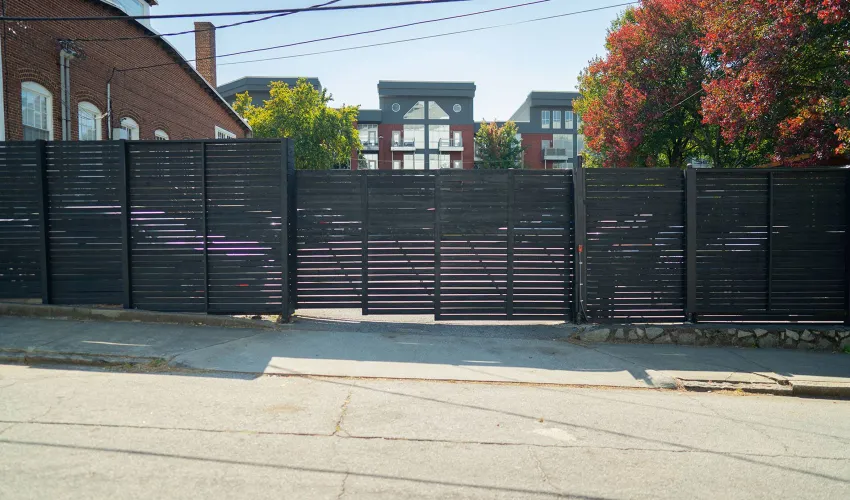
Service Areas
We serve the metro Atlanta area.
Don't see your town included below? Reach out to us!
- Acworth
- Alpharetta
- Atlanta
- Ballground
- Buford
- Canton
-
Cartersville
- Chamblee
- Cumming
- Dacula
- Dallas
- Duluth
- Decatur
- Doraville
- Douglasville
- Emerson
-
Euharlee
- Hampton
- Holly Springs
- Jasper
- John's Creek
- Kennesaw
- Lawrenceville
- Lilburn
-
Locust Grove
- Marietta
- McDonough
- Milton
- Peachtree City
-
Roswell
- Stockbridge
- Stone Mountain
- Woodstock





